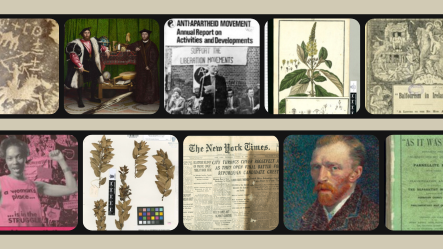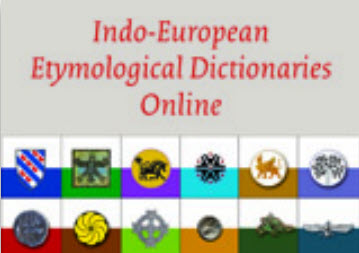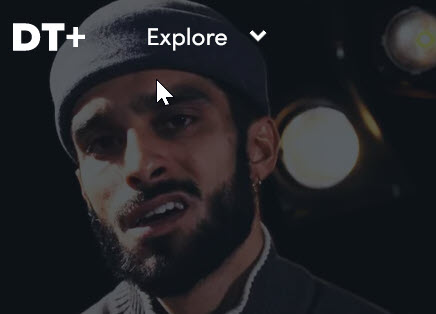Please note, the February Trials have concluded.
During the month of February, the University of St. Thomas Libraries is trialing five research databases. This is an opportunity for the UST community to use these subscriptions at no cost and help determine whether or not the libraries should invest in these resources in the future. We encourage you to provide any feedback about these resources — positive or negative — to the sponsoring librarian listed with each resource by February 24th.
ASME Digital Collection
Access the ASME Digital Collection
The ASME (American Society of Mechanical Engineers) Digital Collection provides unparalleled depth, breadth, and quality of peer-reviewed content. The platform is an essential resource for professionals seeking engineering solutions to global challenges. It includes:
- ASME’s Journals from 1933-present
- ASME’s Conference Proceedings from 2000-present and selected proceedings back to 1955
- ASME eBooks from 1993-present with selected titles back to 1944
Please contact Jim Kelly with any questions or feedback.
Compendex on Engineering Village
Access Compendex on Engineering Village
Elsevier’s Compendex on the Engineering Village platform comprises journals, conference proceedings, dissertations, standards, books, and, recently, preprints. The content is sourced from thousands of publishers from around the world, including major engineering societies like IEEE, ASME, SAE, ACM, and many others. The amount of engineering-focused scholarly and technical literature in Compendex is vast and global in scope, featuring everything from the latest cutting-edge findings to historical research and innovations.
Please contact Jim Kelly with any questions or feedback.
Inspec on Engineering Village
Access Inspec on Engineering Village
Inspec hosted on Elsevier’s Engineering Village platform contains over 22 million records from across global publishers to deliver quality content to a wide range of research communities.
Inspec uses precise, subject-specific indexing to enhance the discoverability of scientific research across physics, electrical engineering and electronics, computers and control, mechanical and production engineering, information technology, and more.
Please contact Jim Kelly with any questions or feedback.
ProQuest One Business
Access ProQuest One Business
ProQuest One Business is designed to support the unique teaching and learning needs of business faculty and students. Developed in collaboration with faculty, students, and business librarians, ProQuest One Business delivers a mix of practical and theoretical content in an interface that helps students build the research skills they’ll need for success in their courses and careers. A business-focused interface intuitively guides users to content including journal articles, books, and company, industry, and country reports.
Please contact Andrea Koeppe with any questions or feedback.
Trends & Policy: U.S. Immigration
Access Trends & Policy: U.S. Immigration (Use the menu in the upper left corner to limit to U.S. Immigration)
Trends and Policy: U.S. Immigration from ProQuest connects policies implemented by the U.S. government with statistics showing the results of those policies and provides context with analytical reports and news articles. It is designed to be a tool – all the content in one database. It gathers U.S. immigration laws and other materials from the legislative branch, reports and statistics from the executive and judicial branches, and contextual newspaper articles. It includes relevant documents from 1790 to today.
Please contact Andrea Koeppe with any questions or feedback.
 The UST Libraries are thrilled to be trialing Consensus for the 2025-26 academic year. Consensus is an innovative AI-powered search engine designed to provide many of the features people like about using AI tools like ChatGPT or Perplexity for research, but with a focus on academic literature rather than web searching. Consensus offers a conversational, synthesis-oriented way to surface and summarize academic sources in the early stages of a literature review.
The UST Libraries are thrilled to be trialing Consensus for the 2025-26 academic year. Consensus is an innovative AI-powered search engine designed to provide many of the features people like about using AI tools like ChatGPT or Perplexity for research, but with a focus on academic literature rather than web searching. Consensus offers a conversational, synthesis-oriented way to surface and summarize academic sources in the early stages of a literature review.




